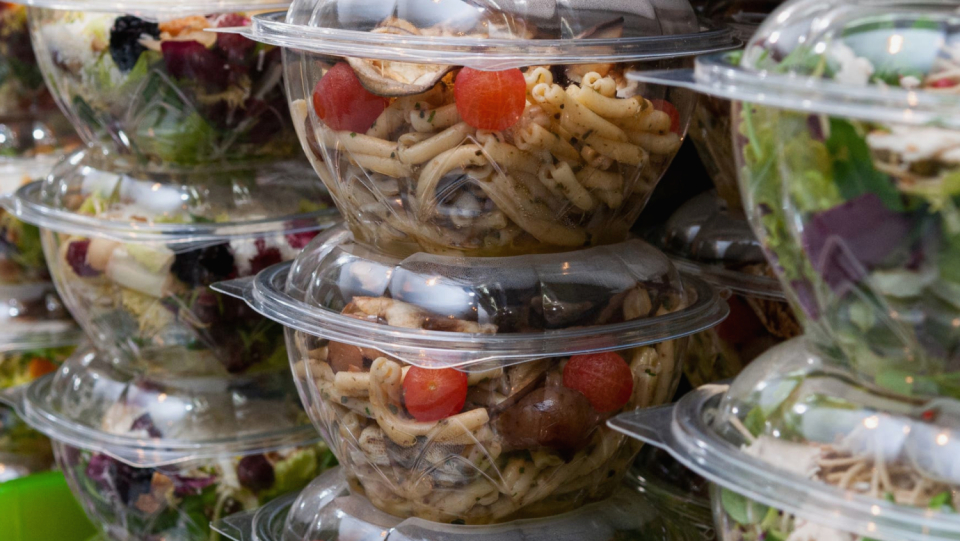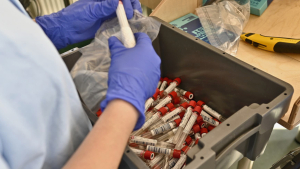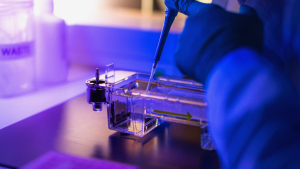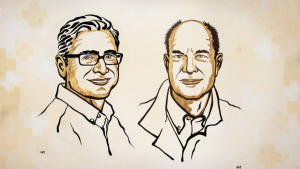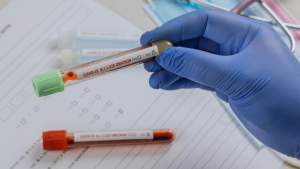Attempts with extracts of different plastics support a widespread theory about the increase in overweight worldwide. A working group led by Johannes Völker from the Norwegian University of Science and Technology (NTNU) found that many of the chemical mixtures in cultures of mouse cells result in and caused new fat cells. As the team in "Environmental Science & Technology" reports, 11 out of 34 plastic samples from everyday life provided extracts that promoted the growth of fat cells. Four of them proved to be more active than the rosiglitazone comparison substance, which causes weight gain. According to the results, chemicals play a role in everyday products that more and more people are overweight worldwide.
According to statistics from the World Health Organization (WHO), the number of overweight people worldwide has tripled since 1975. Part of this increase is due to changes in diet and lifestyle. However, research suggests that there must be another significant, as yet unidentified factor. Among other things, experts suspect chemicals in plastics referred to as endocrine disruptors. These molecules, including bisphenol A and phthalates, are thought to affect the hormonal system that controls metabolism and weight.
So far, it is unclear whether these substances are responsible for overweight and which of them. As the group of the group around peoples shows, such an effect is plausible - but the substances caused are probably very difficult to identify. The team analyzed the composition of the various extracts and found an enormous variety of molecules: a total of 55,300 chemical signatures registered it with high -resolution mass spectrom trial.
Of these, the researchers were able to assign 629 signals to substances, eleven of which have been proven to have effects on metabolism. However, already known effects do not explain the results. In experiments, there was no correlation between the ability of the extracts to stimulate certain signaling pathways of lipid metabolism and the actual formation of fat cells. While the study cannot prove that the substances in plastic really have an effect on metabolism, the diversity of molecules found and their unknown mechanisms of action show how urgent the problem of chemicals in plastic products is.







